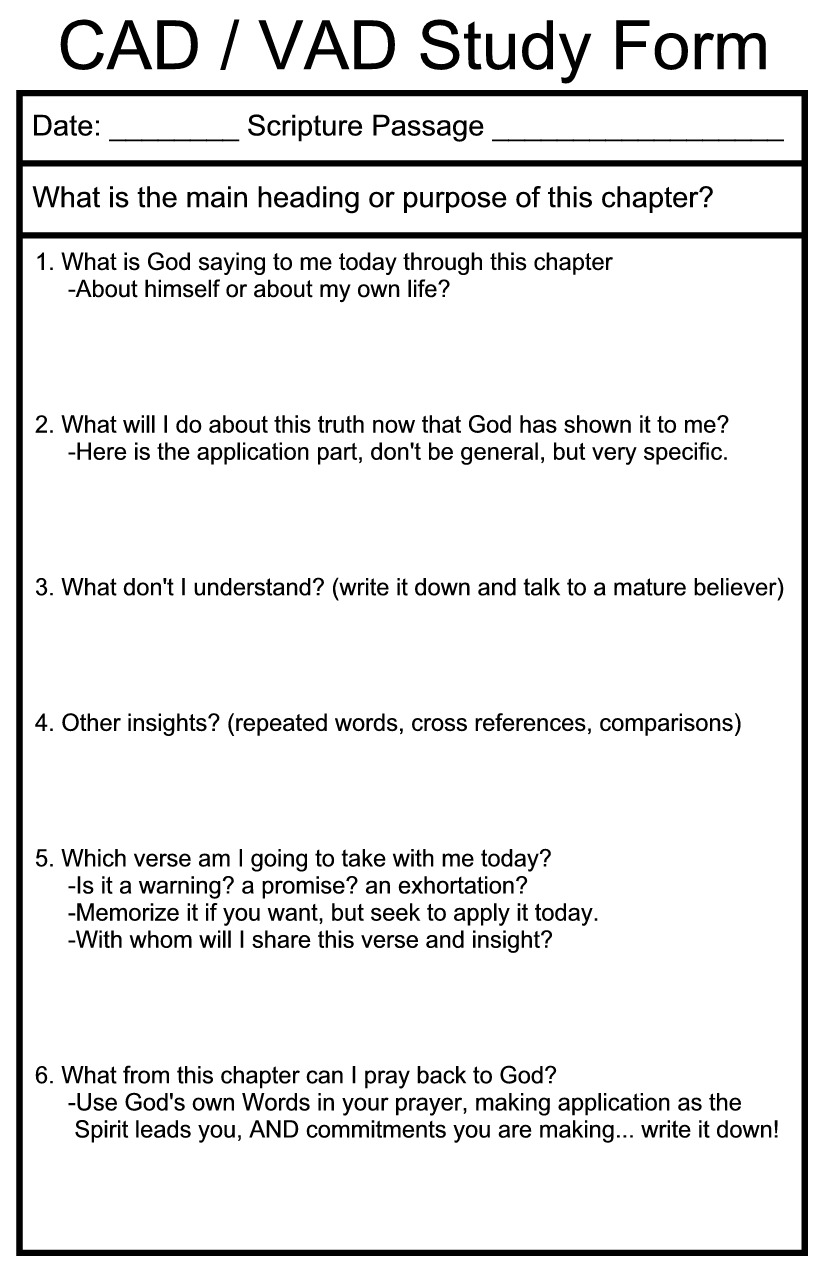Anger, like heat, has many degrees ranging from from mild, controlled irritation to a hot, uncontrolled explosion. Anger covers many levels of the emotion. “Simeon and Levi are brothers—their swords are weapons of violence. Let me not enter their council, let me not join their assembly, for they have killed men in their anger and hamstrung oxen as they pleased. Cursed be their anger, so fierce, and their fury, so cruel! I will scatter them in Jacob and disperse them in Israel.” (Genesis 49:5–7)
Indignation is simmering anger provoked by something appearing unjust or unworthy and often perceived as justified. Jesus became “indignant” when the disciples were preventing parents from bringing their children to Jesus so that He might touch and bless them. “When Jesus saw this, he was indignant. He said to them, ‘Let the little children come to me, and do not hinder them, for the kingdom of God belongs to such as these.’ ” (Mark 10:14)
Wrath is burning anger accompanied by a desire to avenge. Wrath often moves from the emotion of anger to the outward expression of anger. In Romans 1:18, God expresses His wrath as divine judgment on those who commit willful sin. “The wrath of God is being revealed from heaven against all the godlessness and wickedness of men who suppress the truth by their wickedness.” (Romans 1:18)
Fury is fiery anger so fierce that it destroys common sense. The word fury suggests a powerful force compelled to harm or destroy. Some members of the Sanhedrin were so angry with Peter and the other apostles for proclaiming that Jesus was God that “they were furious and wanted to put them to death” (Acts 5:33). That is why the Bible says, “Anger is cruel and fury overwhelming.” (Proverbs 27:4)
Rage is blazing anger resulting in loss of self-control, often to the extreme of violence and temporary insanity. After an outburst of rage, how many times have we heard this cry of remorse, “I can’t believe I did that!” Yet those who continue to vent their rage toward others, including toward God, find themselves defeated by their own destructive decisions and ruined relationships. “A man’s own folly ruins his life, yet his heart rages against the LORD.” (Proverbs 19:3)
[print_link] [email_link]
This information comes from Hunt, J. (2008). Biblical Counseling Keys on Anger: Facing the Fire Within, Dallas, TX: Hope For The Heart.
